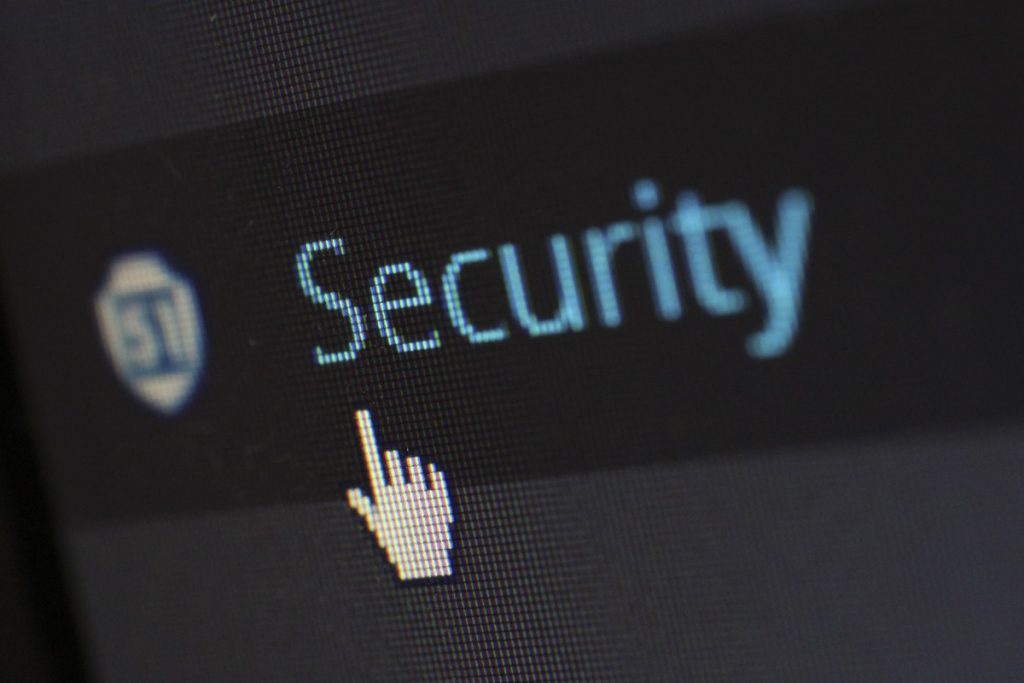MS-Windows, Ubuntu, Linux, Mac OS, and Fedora are some of the world’s most popular operating systems. Irrespective of the type of hardware, computers worldwide run on one operating system or the other. However, the use of multiple operating systems on one system is also a common practice.
Many organizations use multiple operating systems for different computers and laptops. Specific operational requirements drive the choice of operating system in an organization. A lot of time and money is invested in helping keep systems secure. The question is, which operating system offers maximum security after deployment? No operating system, be it Windows, macOS, or Linux, can provide foolproof security. Let’s delve into what each of these offers to know which operating system suits you the best.
Linux
Statistics show that since Linux is used far less than Windows or macOS, it’s a safer bet. Linux denies default admin access to users, ensuring that minimum damage is caused when any user clicks on any suspicious links. Linux also urges its users to use tools supplied by them instead of downloading software from third-party websites, ensuring that the risk of virus or malware being downloaded is eliminated.
Moreover, Linux requires its users to seek permission before they open any attachments. It also reduces the risk of any malware being downloaded. A simple double-click can open phishing emails or malicious attachments on other operating software. Linux also protects against scammers as it’s easily configurable, focusing on single tasks without the user having to explore more to get things done.
Windows
With the highest number of users, Windows is the least secure as hackers and malware creators are sure to target it hoping to make a hit among its sea of users. While this is a significant factor working against Windows, it can be an advantage as well. It has made Microsoft more particular about the safety of its users, making regular updates to the software securing it against cyberattacks of all forms. Windows has a built-in anti-malware program which is effective. It also comes with other add-on security features missing in other operating software.
The “Mark of the Web” technique in the current Windows versions gives a warning when downloading a “.exe” file. To ensure that the “.exe” files come from trusted sources, various executable signing options have been put in place. However, unsigned applications still run as the protection level isn’t set very high. Still, not all malware targeting Windows will work on all of its versions: a virus that wreaks havoc on Windows 7 may not work on Windows 10, making it difficult for malware developers to target these platforms changing constantly.
macOS
There are rumors that MacOS users are immune to any virus attack. macOS users are safer than those using Windows for the simple reason that there are fewer users. Again, MacOS does provide a secure platform preventing threats from gaining access to the main files and harming them by using encryption. Your apps are also sandboxed on MacOS, ensuring more security.
Equipped with Apple’s System Integrity Protection, MacOS can block insecure extensions. It also ensures that certain core processes are protected from any modifications. In case your device comes in contact with any malicious app posing a threat to it, the code signing authentication technology offers much-needed protection. However, macOS is expensive and doesn’t even come close to Linux or Windows when it comes to customization.
More Information about Security
While using a secure operating system is a vital step in the right direction, you may remain vulnerable. Give these issues a long thought:
- Phishing. Anyone can be fooled into sharing their username, password, or other sensitive information, making phishing the most challenging threat to counter. Social engineering is the preferred tool for most scammers. They’ll send you emails claiming to be PayPal or Netflix, making you unsuspectingly share your password and then the credit card information.
- The browser. The browser you opt for can protect you from phishing attacks. Browsers carry out checks to identify malicious websites or websites from which you may end up downloading malware. Additionally, browsers like Mozilla Firefox are filled with features designed to protect users’ data and digital privacy. For instance, it automatically blocks trackers and browser fingerprinting. Thus, it is a great option for all operating systems.
- Online data transfers and browsing. Besides choosing a reliable browser, you can use additional tools like Atlas VPN. How does a VPN protect you from hackers and scammers? A VPN will hide your IP address, making it impossible for online entities to track your location. In other words, your online identity is obscured with your tracks being covered. The VPN also encrypts your entire online traffic, meaning that all your activities and data exchanges become safer.
Conclusion
All operating systems offer a certain level of security. Your needs should decide which operating system you can use. While a certain level of security is indeed offered, most of the responsibility rests on your shoulders. After all, it is not exactly the operating system that makes you safe. Your decisions, additional tools, and common practices play a huge role as well.
